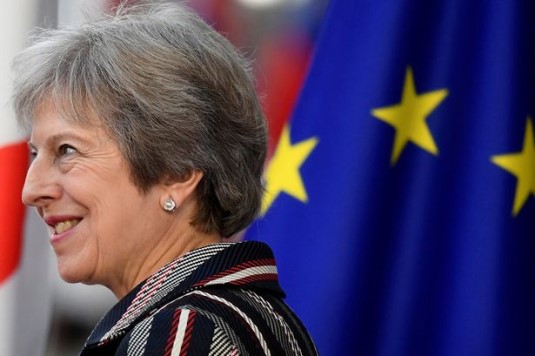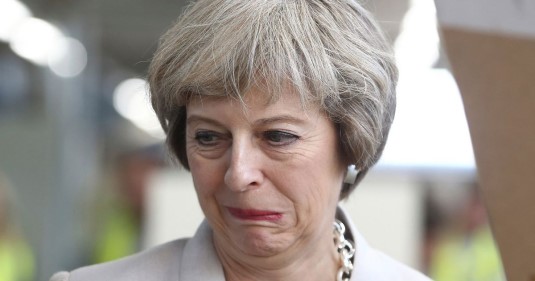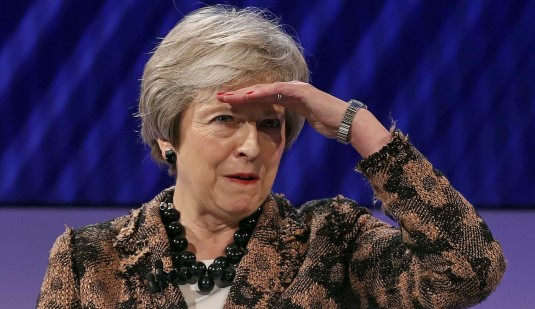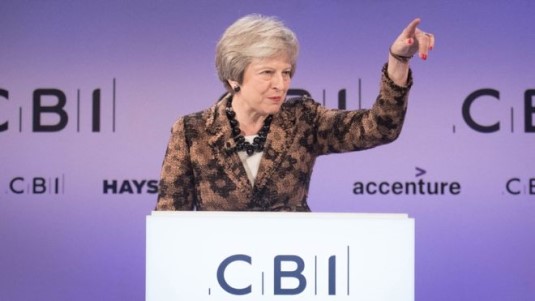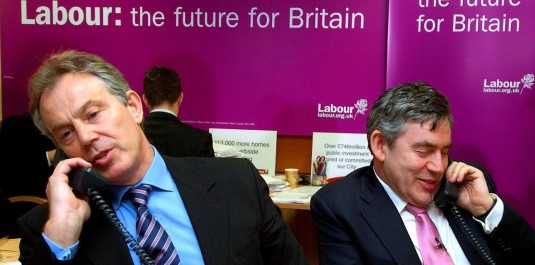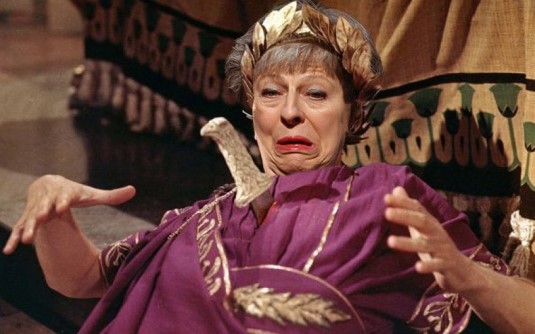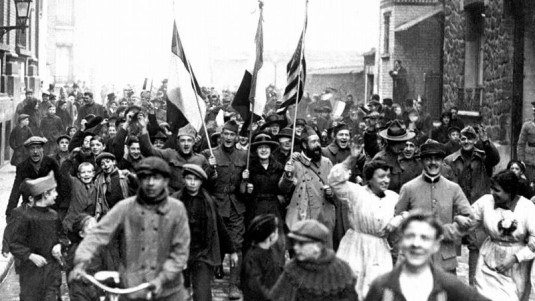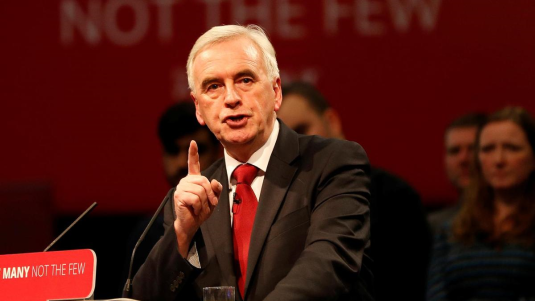
We are seeing a convergence between the reality wing of the Tories and leading Labour lights around a Plan B. This deal is a proper soft Brexit, an arrangement based loosely around Norway's relationship with the EU, and was previously an option available earlier in negotiations (but dismissed by May in her monomaniacal obsession with immigration). Given the cavalier way with which the PM had approached negotiations, this is looking like the only sane alternative that can be pulled together in short order - EU declarations of May's deal being the final deal notwithstanding. But how to handle the politics?
I think now it's time for Labour's constructive ambiguity to end. The party's call for a general election is fine, but we need to be clear about why. As we stare down the barrel of an entirely unnecessary national emergency, Labour should set out its stall. The party should be agitating for an Article 50 extension. This might upset the Brexiteers, but they're less than satisfied with May's position anyway and are inclined to accept that more time is needed to come up with a better deal. Though, of course, Norway with added extras is hardly the stuff of which nationalist delusions of an "independent Britain" are made, but it might be acceptable to the bulk of Labour leavers. Secondly, we need to be open that Norway plus is the only flavour of Brexit that meets Keir Stamer's six tests. This is politically acceptable to most remainers, moderate leavers, and has the virtue of uniting most of Labour, bringing on board the SNP and LibDems, exacerbates the internal splits in the Tories, and puts the Irish border issue to bed permanently. It allows for the possibility of Labour to hegemonise Brexit away from the little Englander fantasies of the right. And finally, Labour should say that it is prepared to put its negotiated deal to the public vote. No messing about or nonsense, it would be a simple take it or leave it - Labour's Brexit or no Brexit.
Yes, a general election isn't likely, but a map of what happens next can start winning people over to a clear way out of the mess. However, as John notes in his remarks, what happens if there isn't a general election? "Our policy is if we can’t get a general election, then the other option which we’ve kept on the table is a people’s vote", he said. As noted before, getting one through the Commons would be difficult but stands more of a chance than May's deal has. And provided it's an either or proposition, May's deal vs no Brexit, it avoids issues with ambiguity and legitimacy a three option referendum would have - and one ludicrously argued for by people who should know better.
Again, this doesn't happen in a vacuum. This is politics, not technics. As argued previously, Labour coming out against Brexit and being seen to thwart the "people's will" would have gifted the Tories a great opportunity to firm up their vote and provide them an in with Labour leavers. "You don't like us", might go the call, "but we're the ones delivering your referendum vote". With many leavers openly broadcasting their dislike for May's deal, and going so far as to say staying in the EU is better than this, they are articulating a sense of getting cheated and, crucially, prising at the cracks in the leaver bloc. That pain, that responsibility is uniquely the Tories precisely because Labour steered clear of opposing Brexit. And so Labour's room for manoeuvre has widened. If a second vote comes before the Commons, Labour's support for it will not cost anywhere near as much damage as it would have done six months, two months, even a month ago.
The second issue is what happens to the leave voters. Yes, some of them will be extremely angry and the possibility of resuscitating UKIP or something worse can't be ruled out. Labour's business, among other things, is not to make life more difficult for itself. Yet here too, I think May's deal has taken the sting out of possible opposition. This constituency, particularly the older, right-leaning Brexiteers, are tending toward Brexit fatigue and are just as likely - if not more so - to register their disappointment with Brexit's outcome by staying at home and not giving any party time of day than sign up with a rebooted BNP. Again, the hard right balloon has been allowed to deflate because the Tories were afforded space to wrexit Brexit on their own terms.
Neither path to a second referendum is without risk, though the rewards are greater if Labour is seen to take leadership on Brexit than where the party is merely responding to events. Nevertheless, in either case the situation Labour had to manage has changed. If you like, the zone of Brexit non-punishment has expanded. The constructive ambiguity it maintained, often in the face of terrific pressure, is approaching the end of its useful life. We need not be hemmed in by it any more, and the second vote can be a live, viable option.
